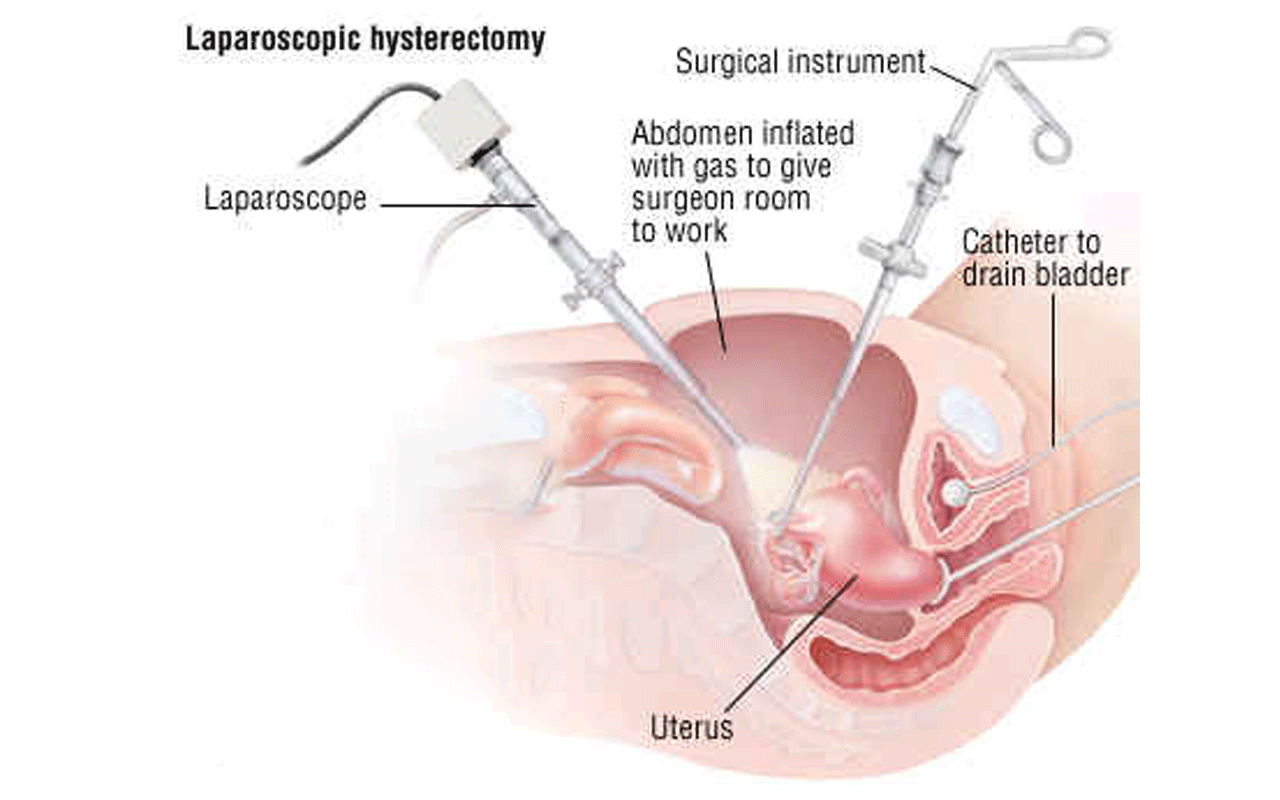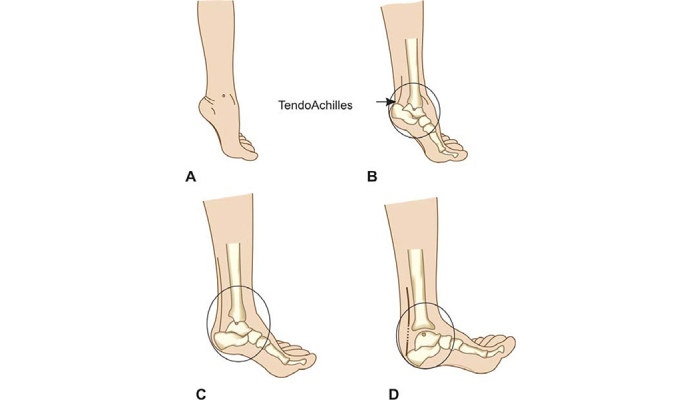A total laparoscopic hysterectomy (TLH) is a modern, minimally invasive surgical procedure used to remove the uterus. It’s commonly performed to treat a variety of gynecological conditions, including fibroids, endometriosis, uterine cancer, abnormal bleeding, and chronic pelvic pain. This surgery is increasingly favored because it offers numerous benefits compared to traditional open surgery.
What is Total Laparoscopic Hysterectomy?
In a total laparoscopic hysterectomy, the uterus (and often the cervix) is removed through small incisions made in the abdomen, using a laparoscope—a thin tube with a camera and light. The surgeon inserts this camera through one of the incisions, providing real-time images to guide the procedure. Specialized instruments are then used through other small incisions to remove the uterus.
Unlike traditional hysterectomy, which requires a large abdominal incision, the laparoscopic technique involves making only 3 to 4 small incisions, each typically about 1 to 2 cm in length. This allows for quicker recovery and less pain after surgery.
Why is a Total Laparoscopic Hysterectomy Performed?
There are several reasons why a doctor may recommend a total laparoscopic hysterectomy:
-
Fibroids: Non-cancerous growths in the uterus that can cause heavy bleeding, pain, or pressure.
-
Endometriosis: A condition where tissue similar to the uterine lining grows outside the uterus, causing pain, infertility, or other complications.
-
Uterine Cancer or Precancerous Conditions: Removal of the uterus may be necessary to treat or prevent the spread of cancer.
-
Chronic Pelvic Pain or Abnormal Bleeding: Conditions like adenomyosis, uterine prolapse, or chronic pelvic infections may require a hysterectomy for symptom relief.
-
Other gynecological conditions where the uterus needs to be removed for improved health and quality of life.
Advantages of Total Laparoscopic Hysterectomy
The laparoscopic approach offers several key benefits over traditional open surgery:
-
Smaller incisions: With smaller incisions, the risk of infection is lower, and there is less scarring.
-
Reduced pain and discomfort: Most women experience significantly less pain after the surgery, as the incisions are smaller, and there is less disruption to the muscles and tissues.
-
Shorter hospital stay: Many women are able to go home the same day or the next day after surgery.
-
Faster recovery time: Most patients return to normal activities within 2 to 4 weeks, compared to 6 to 8 weeks for traditional surgery.
-
Reduced blood loss: Laparoscopic surgeries often result in less blood loss, decreasing the need for transfusions.
Risks and Considerations
As with any surgery, there are risks involved. While laparoscopic hysterectomy is generally safe, possible complications include:
-
Infection
-
Bleeding
-
Injury to surrounding organs (such as the bladder or intestines)
-
Blood clots
-
Anesthesia reactions
Not all women are candidates for a laparoscopic hysterectomy. Factors like the size of the uterus, previous surgeries, or certain medical conditions may require an open surgery instead.
Recovery and Aftercare
Post-operative care involves:
-
Rest and relaxation for the first few days after surgery.
-
Gradual resumption of physical activity—light walking can begin within a few days, but heavy lifting and strenuous activities should be avoided for 4–6 weeks.
-
Follow-up appointments with the surgeon to monitor healing and address any concerns.
Patients should contact their healthcare provider if they experience symptoms such as fever, excessive pain, or unusual discharge.
Conclusion
Total laparoscopic hysterectomy is an effective and minimally invasive treatment option for many women with gynecological conditions. By offering smaller incisions, less pain, and a quicker recovery time, this procedure has become a preferred choice for those seeking a faster return to normal life. If you are considering a hysterectomy, consult with your gynecologist to discuss the best approach for your individual health needs.




